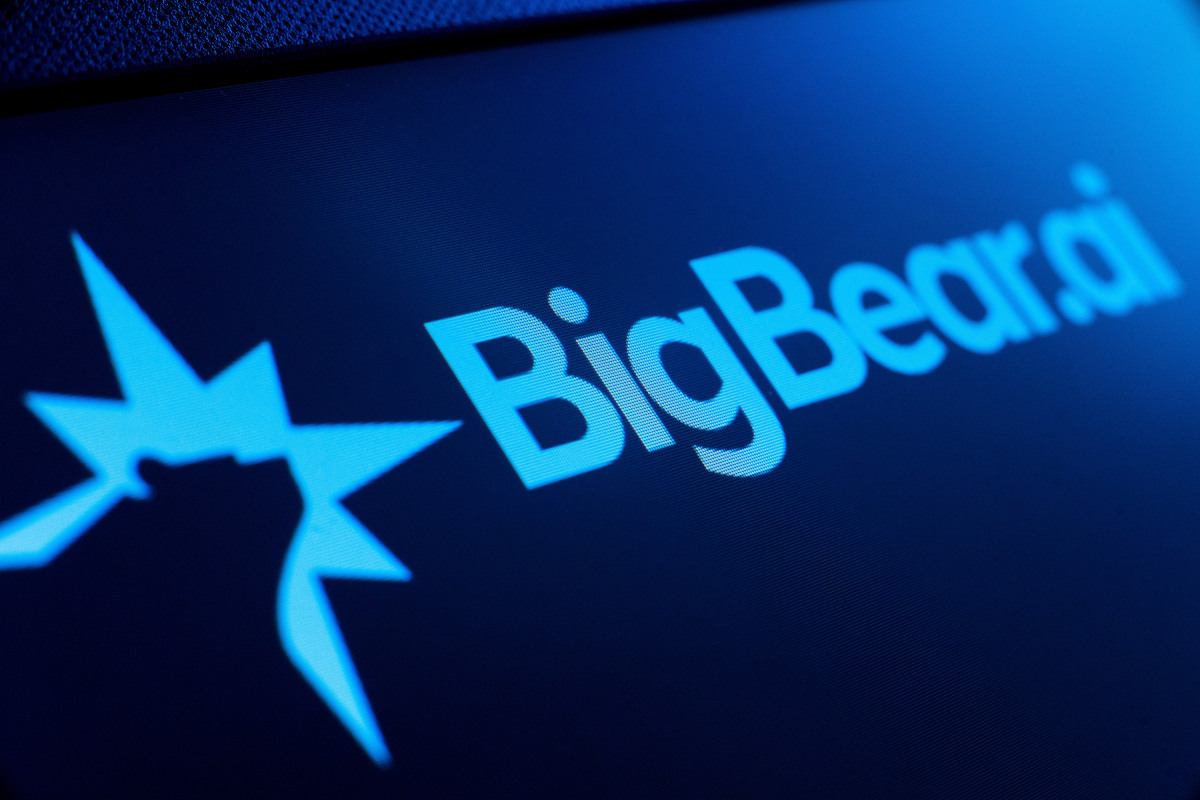
BigBear.ai (BBAI) said this week that it has partnered with Silicon Valley defense technology company Tsecond to develop AI-enabled edge infrastructure that can be used by US national security organizations in mission-critical operations.
Edge AI is the practice of running artificial intelligence (AI) algorithms on local devices at or near the source of data, rather than in a central cloud or data center.
It is seen as a way to reduce latency, conserve bandwidth, while also enhancing privacy and increasing reliability during network outages.
Self-driving cars and wearable devices both utilize edge AI.
The companies will combine BigBear’s ConductorOS orchestration platform with Tsecond’s BRYCK platform in order to deploy AI more rapidly and reliably.
ConductorOS helps synchronize data, AI models, and sensors, enabling autonomous systems to communicate and coordinate more effectively. The Tsecond’s flagship BRYCK platform provides AI‑enabled data fusion, sensor analytics, and mission decision support.
“Edge AI must be fast, secure, and simple to deploy under pressure,” BigBear.ai. CEO Kevin McAleenan said in a statement. “Together with Tsecond as a preferred partner for hardware at the tactical edge, we’re equipping national security teams with the ability to process data within seconds, detect threats sooner, and adapt quickly – even in disconnected environments – for decisive action when it matters most.”
BigBear’s stock surged 22% after the announcement. It has gained more than 100% this year.
The company said in a press release that the joint solution will simplify the deployment and management of AI at the “tactical edge,” and that it will allow national security organizations to make informed decisions even without full connectivity or cloud compute.
It will do this by accelerating situational awareness through “real-time, multi-domain sensor data processing,” while also enhancing threat detection by offering local compute and storage that can be executed independently of the cloud.
“This partnership combines the strengths of both companies by bringing AI capabilities closer to the mission,” Tsecond CEO Sahil Chawla said in a statement. “By enabling faster situational awareness and more reliable operations at the edge, we’re giving warfighters the confidence and clarity they need to succeed.”
BigBear’s stock has soared this year because Wall Street sees continued growth opportunities as the Pentagon aggressively looks to modernize its defense operations through AI and other technologies.
The company joined a new US Army initiative in May to bring artificial intelligence into battlefield operations, collaborating with Hardy Dynamics on a project aimed at building secure, reliable communication across unmanned aerial systems (UAS), or drones.
But BigBear has also been expanding its national security solutions beyond just the military.
The company hasdeployed its biometric software used for enhanced passenger processing at numerous airports across North America.
It also began its international expansion earlier this year with a partnership in the United Arab Emirates aimed at accelerating the research, development and deployment of AI-enabled solutions across the UAE.
Your email address will not be published. Required fields are markedmarked